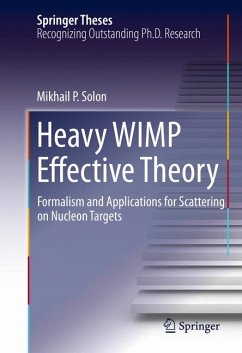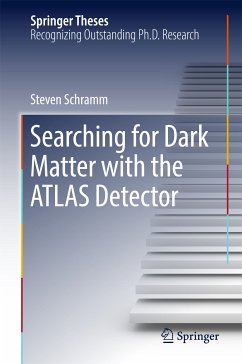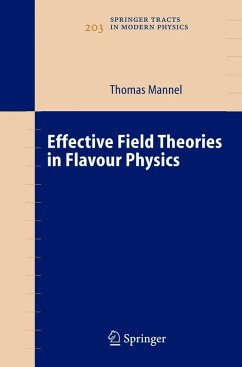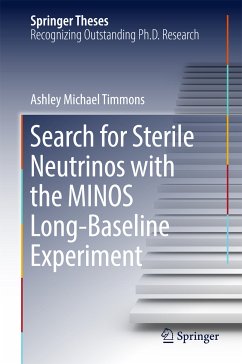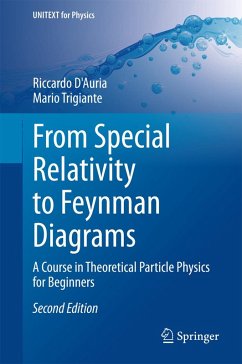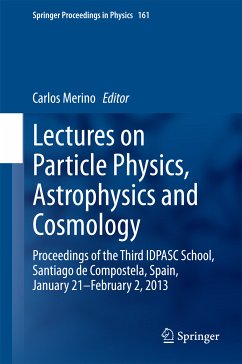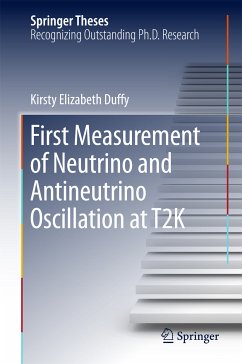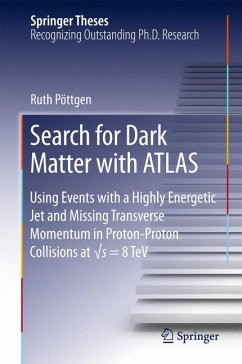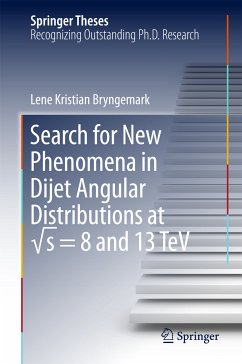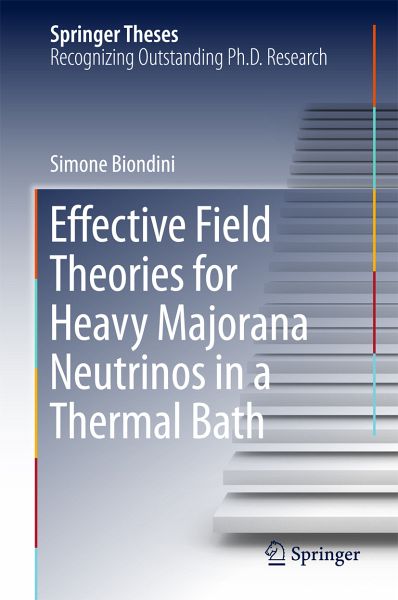
Effective Field Theories for Heavy Majorana Neutrinos in a Thermal Bath (eBook, PDF)
Versandkostenfrei!
Sofort per Download lieferbar
72,95 €
inkl. MwSt.
Weitere Ausgaben:

PAYBACK Punkte
36 °P sammeln!
In this thesis we discuss the construction of an effective field theory (EFT) for non-relativistic Majorana fermions, show how to use it to calculate observables in a thermal medium, and derive the effects of these thermal particles on the CP asymmetry.The methods described in this thesis allow a systematic and effective description of the non-relativistic dynamics of a heavy Majorana fermion at finite temperature. The CP asymmetry is studied for hierarchical and nearly degenerate heavy-neutrino masses and the analysis includes the treatment of lepton-flavor effects.Heavy Majorana neutrinos ar...
In this thesis we discuss the construction of an effective field theory (EFT) for non-relativistic Majorana fermions, show how to use it to calculate observables in a thermal medium, and derive the effects of these thermal particles on the CP asymmetry.
The methods described in this thesis allow a systematic and effective description of the non-relativistic dynamics of a heavy Majorana fermion at finite temperature. The CP asymmetry is studied for hierarchical and nearly degenerate heavy-neutrino masses and the analysis includes the treatment of lepton-flavor effects.
Heavy Majorana neutrinos are involved in many scenarios of physics beyond the standard model and, in the leptogenesis framework, they are at the root of the baryon asymmetry in the Universe. Besides simplifying exist
in
g results, the EFT approach provides useful tools for addressing even more involved observables. Indeed, taken together, the approach and the material presented here represent an important step toward a systematic improvement of our knowledge of the CP asymmetry in heavy-neutrino decays at finite temperature.
The methods described in this thesis allow a systematic and effective description of the non-relativistic dynamics of a heavy Majorana fermion at finite temperature. The CP asymmetry is studied for hierarchical and nearly degenerate heavy-neutrino masses and the analysis includes the treatment of lepton-flavor effects.
Heavy Majorana neutrinos are involved in many scenarios of physics beyond the standard model and, in the leptogenesis framework, they are at the root of the baryon asymmetry in the Universe. Besides simplifying exist
in
g results, the EFT approach provides useful tools for addressing even more involved observables. Indeed, taken together, the approach and the material presented here represent an important step toward a systematic improvement of our knowledge of the CP asymmetry in heavy-neutrino decays at finite temperature.
Dieser Download kann aus rechtlichen Gründen nur mit Rechnungsadresse in A, B, BG, CY, CZ, D, DK, EW, E, FIN, F, GR, HR, H, IRL, I, LT, L, LR, M, NL, PL, P, R, S, SLO, SK ausgeliefert werden.



